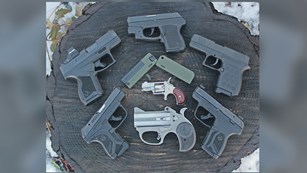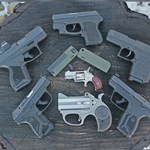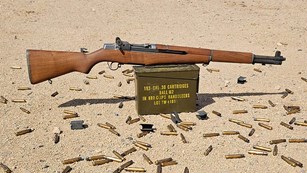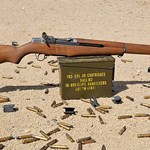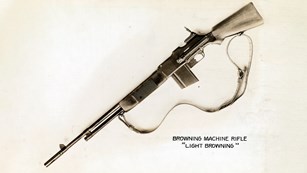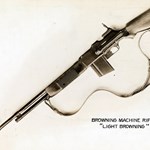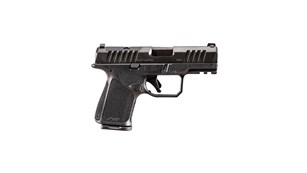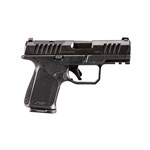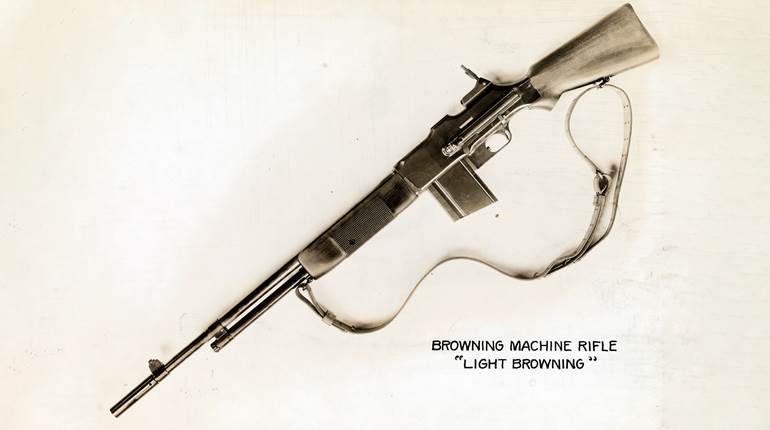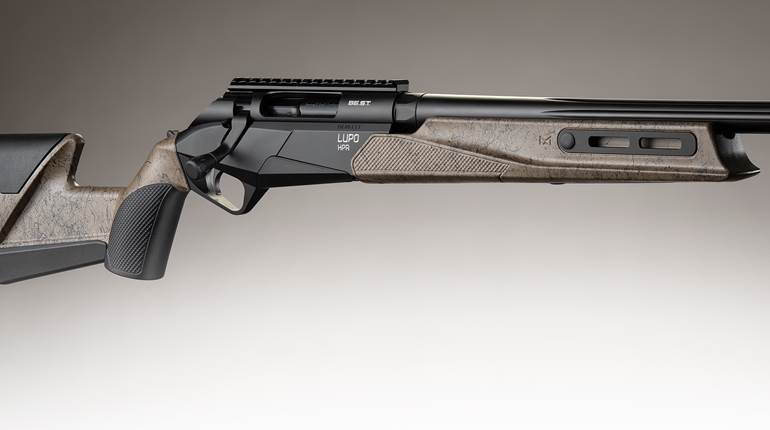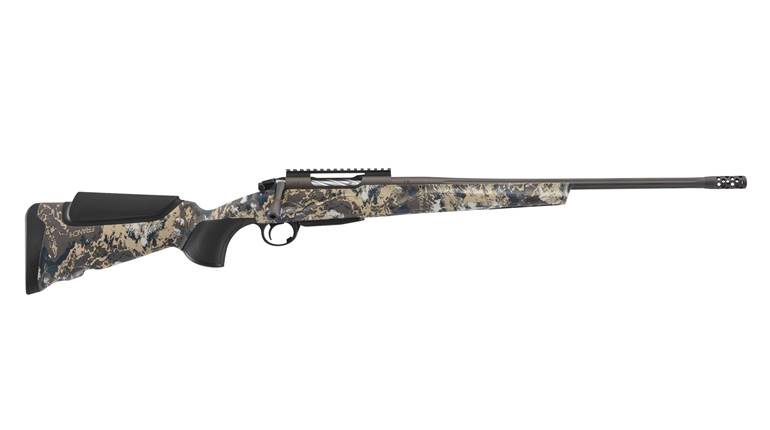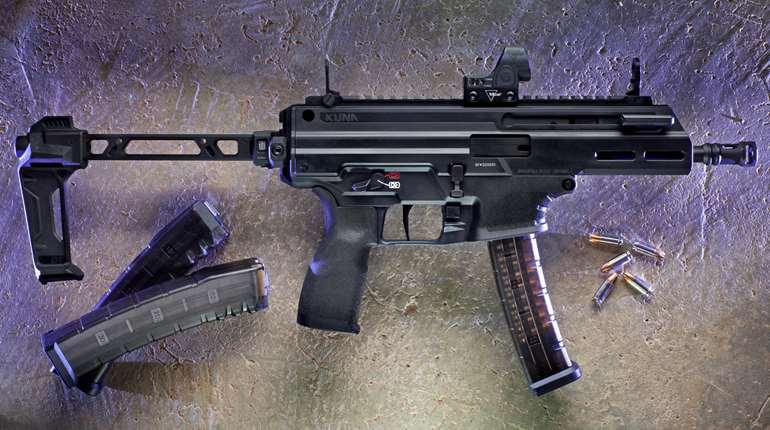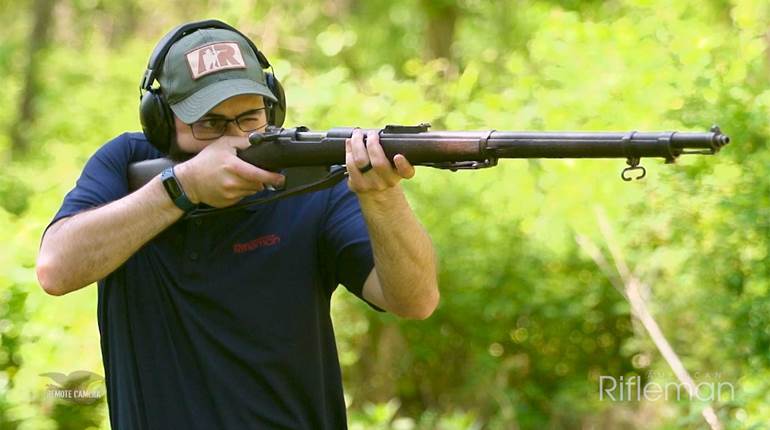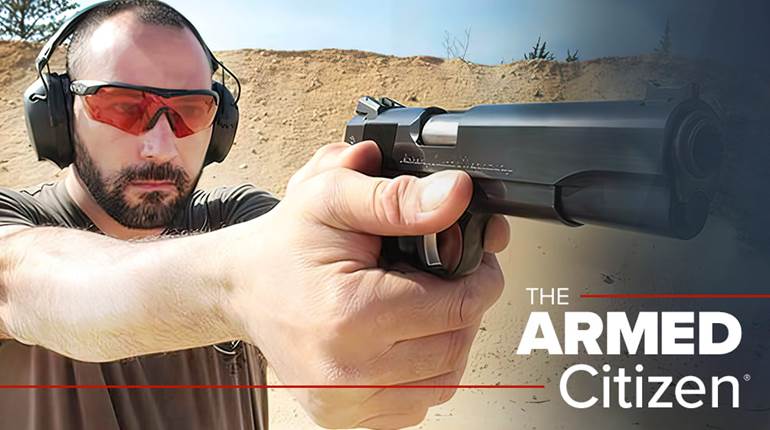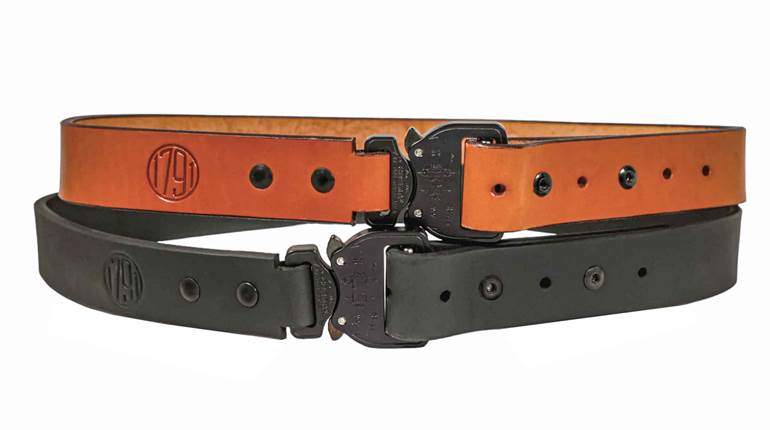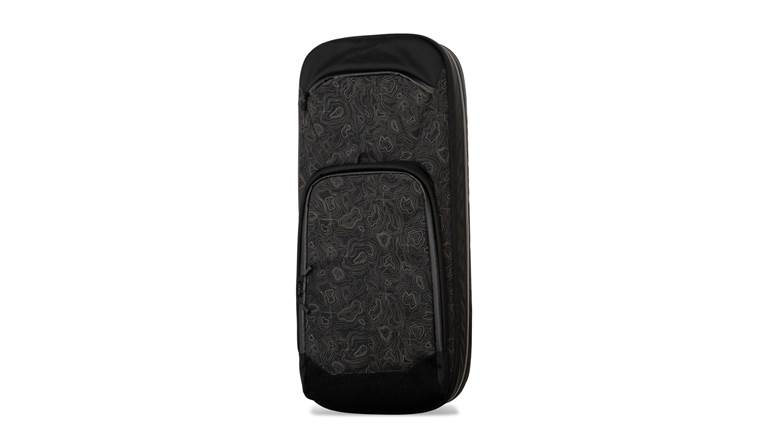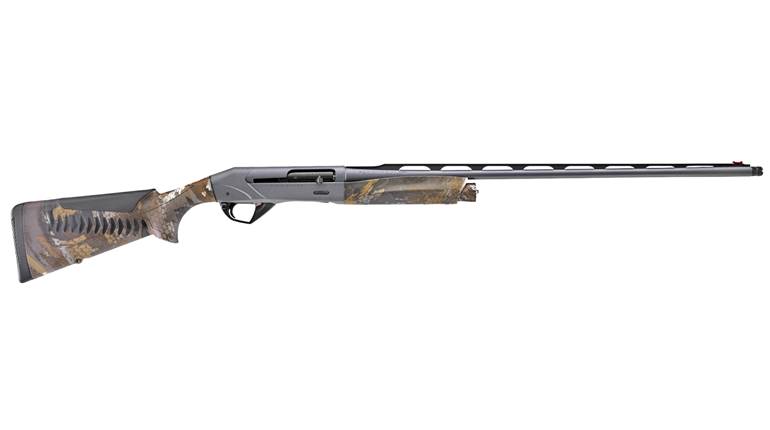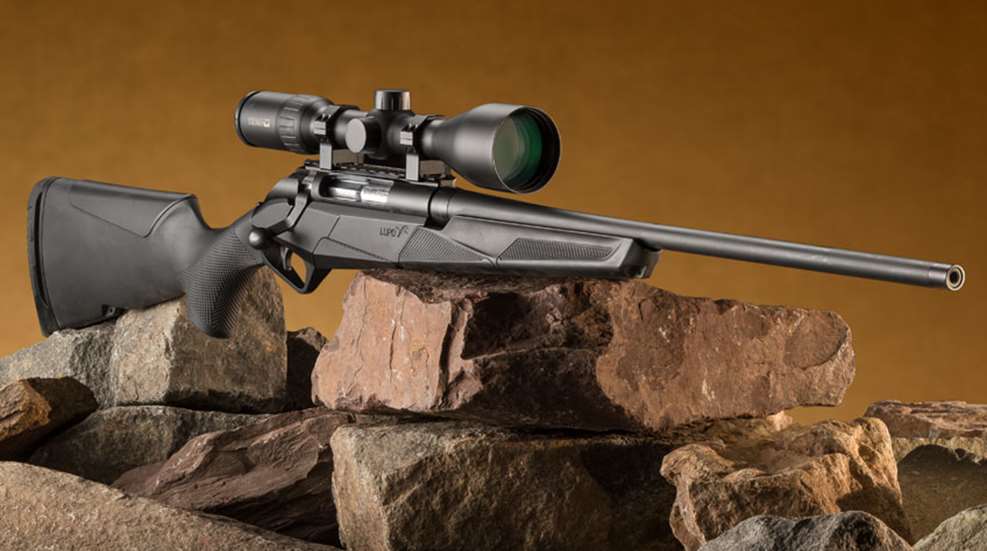
When it comes to dominant hunting-rifle forms, we’re in a transitional period from classic to tactical—from a piece of furniture to a machine. Long-range mania has spawned a wave of bull-barreled, heavy-stocked turnbolts, but the classic form isn’t going away easily, having grabbed a lifeline from a plain, but wonderfully affordable, new breed built by efficient lean manufacturing. Both styles function perfectly well, and while each has its pros and cons, there’s enough performance overlap to ensure the ultimate goal—hits on game.
Just don’t tell Benelli these are the only ways to build an excellent rifle, because its new bolt-action Lupo is neither, and based on everything we’ve seen at the range and in the field, it too is a hitter.
The renowned shotgun maker is among several firearm brands venturing into categories outside their acknowledged expertise, a move that puts Benelli into direct competition with other notables taking their first swings at making bolt rifles, plus dozens that have been in this space long-term. I don’t have the numbers to back it up, but I do believe the bolt-action market has never offered so many choices as right now—which makes it a great time to be a buyer.
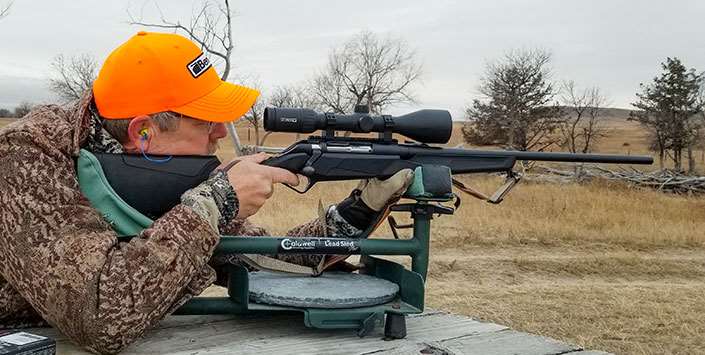
While nearly all shooters know Benelli for its extensive shotgun offerings, led by the influential inertia-driven Super Black Eagles, not even all Benelli diehards will know the Lupo isn’t the Italian maker’s first or only hunting rifle. That would be the semi-automatic R1 introduced in 2002, a design clearly related to the category-winning smoothbores.
A bulging waistline (the magazine/trigger area) gives the otherwise trim R1 an ungainly look that belies what a smooth shooter and slick handler it is, key traits for its original objective as a rapid-fire interceptor of Old World driven boar. After using it the fall after its introduction to take a couple stateside deer, I was duly impressed, but American riflemen interested in a self-loader largely looked elsewhere, namely to AR-15s.
The Lupo (wolf in Italian) falls farther from the tree, but still leverages the family DNA to excel in its own bright way. Unlike many newcomers that have focused on heavy-barreled, tactical-stocked, 1,000-yd. tack-drivers, Benelli decided to do more than put its stamp on an established template.
Instead, it has gone all-in on a well-balanced 7-lb. sporter that emphasizes handling ergonomics, complemented by fresh, modern styling. Right off the bat you’ll notice the two-piece stock, featuring a buttstock squarely attached behind the trigger guard, plus a separate fore-end that neatly joins angled metalwork in the front. Nearly all shotguns have such stocks, and so do many straight-pull, single-shot and semi-automatic rifles, but, for a turnbolt, it’s rare.
The Lupo’s most striking innovation, and a key to maximizing accuracy, is a two-piece receiver, which bears resemblance to the upper/lower structure found in AR-type rifles in that it provides greater stability—and thus greater shot-to-shot consistency—than mating a barreled action directly to stock material.
Benelli calls the alloy lower part a “chassis,” and indeed it’s a bridge between the mini-chassis or bedding blocks found in some rifle stocks and popular full-on chassis models, but makes for a sleeker profile and helps keep weight in check. Free up two action screws, and the upper receiver, bolt, trigger unit and barrel lift right out, revealing a transverse steel recoil lug trapped in the forestock to mate with a corresponding slot near the front of the receiver.

The hardened-steel upper receiver contains a fat-bodied, smooth-gliding bolt bearing three locking lugs, which yield the quick-cycling stroke now in favor. After hammer-forging and polishing, Lupo barrels are subjected to Benelli’s proprietary CRIO deep-freeze treatment that makes the steel’s surface structure more uniform.
The barrel-receiver union relies on a prominent barrel extension whose full diameter is 1.205" where it screws into the receiver body, a feature that, Benelli says, “creates an unaltered chamber and perfect alignment.” The barrel tapers down to 0.655" at a muzzle cap, which protects factory-cut 5/8x24 TPI threads and forms a tidy recessed crown. The resulting barrel contour approximates the Remington No. 2 sporter and is as heavy as you’ll find on production guns in the Lupo’s weight class.
Though drilled and tapped for no less than six No. 8-40 screws that will ensure secure scope mounting, the Lupo ships with two short, pre-installed Picatinny rails to make that chore even easier. The rifle’s centrally located safety is a rounded slider that sits where the tang would be if there was one, conveniently placed for thumb operation. Just above it is a bright red-dot cocking indicator that protrudes from the rearmost curve of a stippled bolt shroud.
Also installed is the proprietary Perfect Shot Trigger, which can be set by the owner to break between 2 lbs., 4 ozs. and 4 lbs., 7 ozs. Our loaner, chambered for .30-’06 Sprg., came with a trigger that broke neatly at 3 lbs., 8 ozs., with minimal overtravel, a delight to all who fired it. By the way, the company website already lists .270 Win. and .300 Win. Mag. chamberings, and more are sure to follow.
Range sessions with heavy .30-’06 hunting loads produced more sub-minute-of-angle groups than not, a handful that were closer to a half-minute, and only four of 75 total shots could have been considered fliers, and likely the shooter’s fault (see accompanying table). It appears to us that from sandbags, the Lupo can hold its own with any mid-to-lightweight hunting rifle, even custom jobs costing twice as much.
But it was also clear that this is a rifle meant for real time afield, to be counted on when matters are fluid and exciting. For now, the Lupo comes only in black synthetic livery that matches the metalwork’s black matte finish and is sculpted so that the shooter’s hands wrap comfortably around gripping areas dressed in the maker’s AirTouch stippling, including a minimalist, flared fore-end reminiscent of a double gun. The stock provides three sling attachment points. Sure to grab attention, the trigger sits high in a uniquely canted guard, a distinctive look that minimizes strain on the shooter’s wrist.
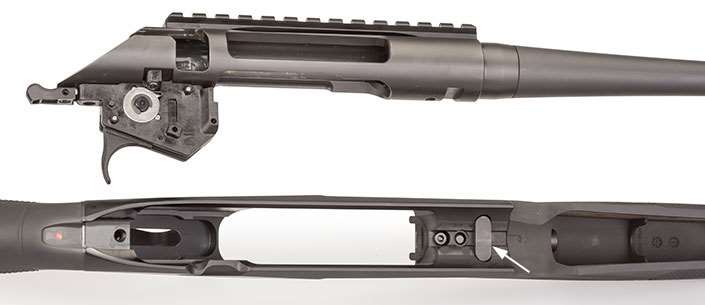
Fitted inside the buttstock is a rifle version of Benelli’s Progressive Comfort onboard recoil-reduction system that uses interlocking buffers to absorb rearward thrust. It adds little if any weight and is noticeable only via a slim window through the rubber buttpad. Another nod to shooter comfort is the crushable, interchangeable CombTech cheekpad that ensures natural sight alignment and is available in two sizes.
Both features were co-opted from Benelli shotguns, and effectively tamed the kick from a .30-’06 round just as they do from a 12-ga. shotshell. We don’t have a way to measure it, but are convinced the recoil-arrestors helped our shooting consistency, especially at the range.
Buyers also get a variety of shims and spacers that allow owners to personalize length of pull, drop and hand angle to their stature and preferences, what the company calls Perfect Fitting, and with 36 possible configurations, the superlative does fit.
Top-rated chassis stocks also facilitate shooter comfort with numerous ergonomic adjustments, but strive to provide interface with a platform optimized for purposeful shooting from rested positions. Benelli’s answer is an adaptable glove-like fit for all situations, including a natural balance for when the rifle must come up fast, settle instantly in improvised field positions, and practically point like a shotgun.
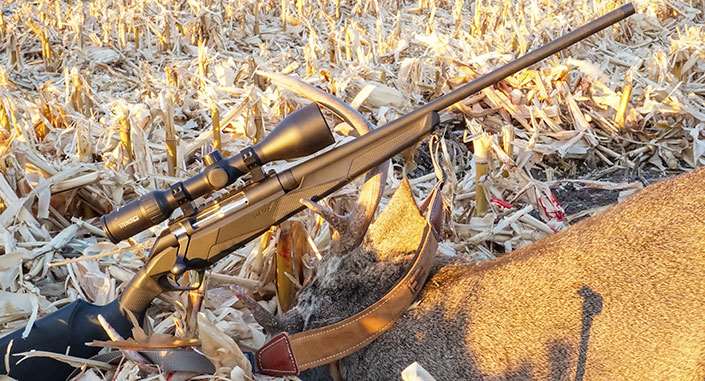
Striking A Balance
So why would big-game hunters want a rifle that handles like a shotgun? Is that about shooting running game? Possibly, but there’s more to it than that. Spot-and-stalk hunting in big, wild country typically requires many tough miles hiking and carrying one’s rifle before encountering game.
Sometimes those encounters result in deliberate shots from supported positions, but often as not, in my experience, the hunter must react at once. The lightweight Lupo won’t slow you down, either on the march or when you have to climb and hustle to reach a distant quarry, and will shoulder quickly and intuitively when your only option is to shoot right away.
Rifle-handling dynamics have been a sore subject since a missed opportunity at a whopper moose a few years ago. My 8-lb., 12-oz. long-range rifle, topped by two more pounds of glass, was lights-out at the range, but when an approaching bull suddenly changed course and forced me to hop up and side-step for a clear lane and an offhand shot, it was nothing but awkward. When I finally got the bull in the scope, he looked like a runaway train, and there went my chance. Blown stalks happen, but in that case, I took a risk using a rifle that, as our outfitter remarked at the sight-in bench, was “unsuitable.”
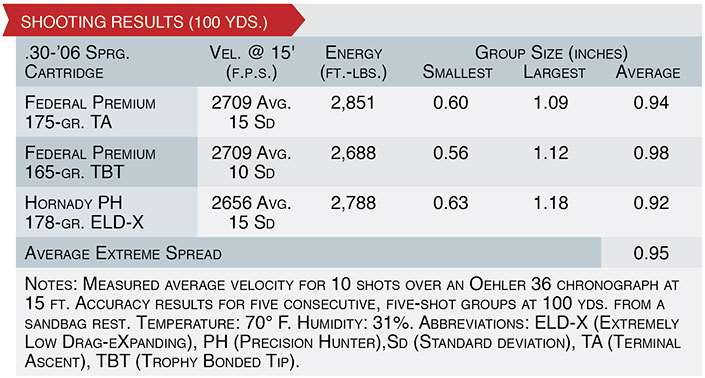
Contrast that to my introductory hunt with the Lupo last fall. Mostly I posted in a tree stand bordering a Nebraska cornfield in hopes a husky whitetail would happen by. Though unprepared to shoot the entire 500-plus yds. out to the center pivot, I was confident for much of that distance.
By the last day, however, I was ready to gamble, so the guide and I hiked out to the pivot before sunup, only to discover the two deer spotted in the moonlight were youngsters. When we turned to leave opportunity knocked—a heavyweight buck hustling a doe at top speed, nearly on us. Up came the rifle, and I swung as they passed. The hit—low in the chest—rocked the buck, and I kept tracking and fired again to drop him in the stubble.
The dilemma for all big-game hunters at a time when so many fine rifles are available is finding one that best fits the opportunities we work hard to achieve. Long-shot scenarios aren’t unusual, but neither are close-up, fast-unfolding encounters where rifle-handling prowess makes the difference. And then many hunters seek a dependable, manageable tool for the short- to medium-range pokes presented from their deer and bear stands. So how about a rifle that does it all? Based on what I’ve seen, the Lupo is both a shooter and a hunter that will help lots of us come home with the game we want.
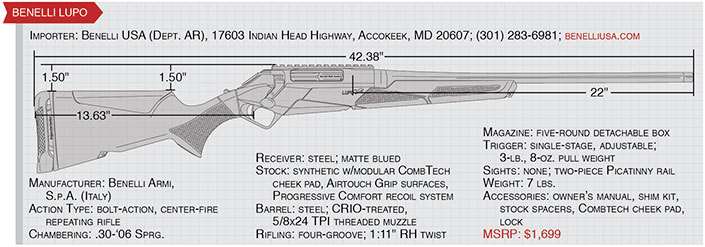
Benelli's Fusion Of Art And Technology
Benelli’s hometown of Urbino, Italy, dates from Roman times and is known as a center of art and culture, a history that hit a high point during the Renaissance when the painter Raffaello lived there.
The town’s old hilltop quarter is a virtual portal to an earlier time, but that surely isn’t the case at Benelli, where digitized engineering and machining centers, material-handling robotics, laser scanners and touch probes and highly skilled technicians work seamlessly to build product. The consensus of American Rifleman editors who’ve visited is that it is the world’s most technologically advanced commercial gun factory.
With Benelli playing a key role, yet another renaissance is taking place, but like so much of present-day Italian art, it’s neither ornamental nor rooted in the past, but instead is manifested through industrial design, where the goal is to create works of functional beauty, ranging from architecture and furniture, to Ferraris and firearms. The genius occurs when stylistic elements directly contribute to enhanced performance. Here are three more examples worth highlighting.
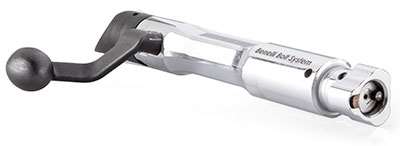
1. While half the chrome-finished bolt stem matches the round receiver’s inside diameter to ensure smooth running, a section at the rear is sculpted into four flat faces. While it looks sexy, it’s not just eye candy.
Creating additional clearance for the loaded magazine to protrude deeper into the receiver cavity allows the Lupo to carry a five-round magazine rather than a four-rounder, and yet from the outside, the fit is flush. The resulting detachable box also loads and unloads without a struggle, and feeding from it was faultless.
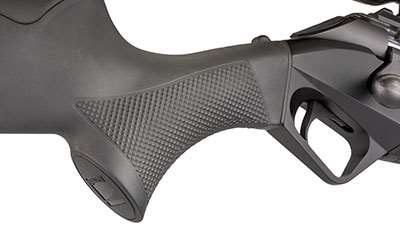
2. As noted above, the trigger guard, integral to the alloy chassis, is canted in relation to the rifle’s general horizontal orientation. It’s one of several unorthodox lines that give the Lupo a racy look, but it also accommodates trigger placement that is higher and further to the rear than normal.
The center of the blade is 2.20" below the bore axis, closer than with any of my similarly sized bolt guns, and proved to be very comfortable and controllable. Trigger reach is one of the dimensions shooters can adjust to personal preference.
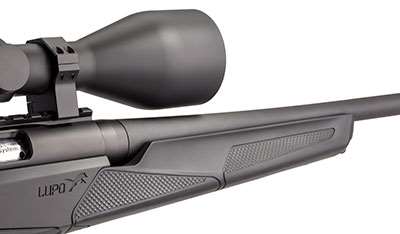
3. This is speculative, but we can’t help but note the Lupo’s potential for modularity. Along with numerous ways to custom-fit the stock, the barreled action lifts right out of the lower receiver or chassis, making for easy, if costly, barrel and/or cartridge change.
More practical would be swapping out the stock sections, though given the original’s super-adjustability, one would have to desire a substantial change, like a thumbhole model or one made from a different material such as wood. It’s a good bet that as Benelli expands model variants, existing owners will be interested in retrofitting.
